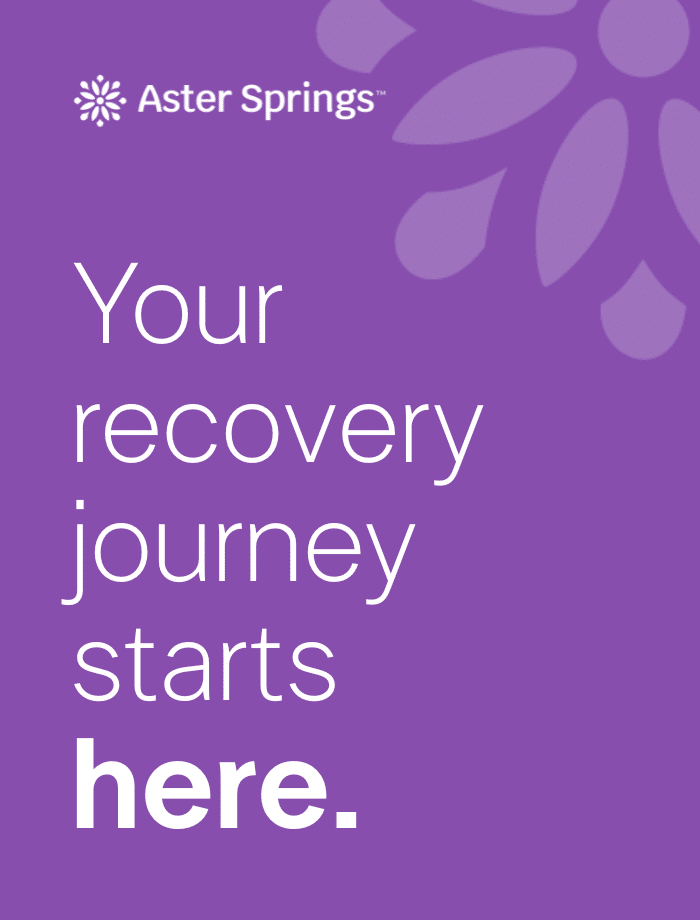Today, many young people are exposed to harmful online spaces that promote dangerous eating disorder behaviors. You may have heard the term “pro-ana” and wondered, What is pro-ana?
The term pro-ana stands for “pro-anorexia.” It refers to online communities, social media accounts, and websites that promote or encourage disordered eating behaviors associated with anorexia nervosa. Similarly, pro-mia stands for “pro-bulimia,” referring to spaces that encourage behaviors linked to bulimia nervosa.
Both types of sites glamorize dangerous eating habits and normalize distorted thinking patterns about food, body image, and control. They are not recovery communities — they are spaces that reinforce and sustain eating disorders, often under the guise of “support” or “motivation.”
How Pro-Ana + Pro-Mia Sites Work
Pro-ana and pro-mia sites often exist as informal collections of blogs, forums, and social media accounts. They are not officially sanctioned or clinically guided. Instead, they spread misinformation and promote harmful beliefs such as:
-
Eating disorders are a lifestyle choice rather than a serious mental health condition.
-
Extreme thinness is a sign of discipline, beauty, or worth.
-
Recovery represents weakness rather than strength.
These online spaces frequently share “thinspiration” photos, restrictive diet advice, and harmful “tips” on how to hide disordered eating behaviors from friends or family. They may also personify eating disorders by referring to them as “Ana” or “Mia,” portraying them as loyal friends or sources of guidance. This creates an illusion of safety and belonging that draws vulnerable individuals deeper into their disorders.
Why Pro-Ana + Pro-Mia Content Is Dangerous
Pro-ana and pro-mia websites are extremely dangerous for several reasons:
-
They glorify eating disorders. By romanticizing starvation or purging, they minimize the severe medical and psychological risks of disordered eating behaviors.
-
They undermine recovery. Many users are told that recovery is “giving up” or “losing control,” making it harder to seek help.
-
They isolate users. These communities can replace real-life relationships with online approval from others struggling in similar ways.
-
They misinform about health. Information shared in these spaces is often inaccurate or medically unsound, which can delay diagnosis and treatment.
-
They target vulnerable populations. Adolescents and young adults who are already navigating body image pressures are especially at risk of being drawn in.
Over time, engagement with pro-ana or pro-mia content can intensify eating disorder symptoms, reinforce shame and secrecy, and contribute to serious physical and psychological consequences.
The Role of Social Media in Eating Disorders
According to research from the University of Pittsburgh School of Medicine, young adults who frequently use social media are significantly more likely to develop body image concerns and eating disorders. Platforms such as TikTok, Instagram, and Reddit can inadvertently promote pro-ana content through algorithmic exposure — even when users aren’t actively seeking it.
The constant flow of unrealistic images and “fitspiration” content can make recovery even more challenging. For individuals already struggling with low self-esteem or perfectionism, these messages can normalize — or even glamorize — disordered eating behaviors.
Recognizing Pro-Ana Content
Proana content can appear in subtle ways. Posts might include disclaimers such as “for motivation only” or “not promoting,” but still feature underweight bodies, calorie-counting challenges, or “before and after” photos that reinforce harmful ideals. Some may disguise themselves as “wellness” or “clean eating” communities, using coded hashtags to bypass moderation.
If you’re unsure whether something is pro-ana content, ask yourself:
-
Does it make you feel ashamed about your body?
-
Does it encourage restriction, purging, or overexercise?
-
Does it discourage recovery or professional help?
If the answer is yes, the content is likely promoting pro-ana or pro-mia beliefs — messages that may seem harmless but can quietly reinforce dangerous behaviors.
Finding Real Support for Eating Disorders
Eating disorders are serious but treatable mental health conditions. True recovery is built on compassion, community, and evidence-based care — not the illusion of control that pro-ana spaces promote.
If you or someone you care about is struggling with disordered eating, it’s essential to reach out for professional support. At Aster Springs, our multidisciplinary treatment team provides compassionate, comprehensive care for individuals of all ages. We understand how isolating and confusing eating disorders can feel. Our expert-level team is here to help you rediscover freedom, confidence, and peace with food — and your body.
Resources for Recovery
For accurate information, education, and recovery support, visit trusted organizations such as:


